
Transcription
USA TODAY NEWSPAPER
2-17-2014
https://www.usatoday.com/story/news/nation/2014/02/17/michigan-juvenile-life-sentences/5550685/
HIGHLIGHT:MICHIGAN
Teen: Juvenile lifers deserve chance
Patricia Montemurri, Detroit Free Press
Matilyn Sarosi spent the recent spate of snow days off school writing an 18-page paper for which she will get no academic credit.
Instead of a teacher at Father Gabriel Richard Catholic High School grading her paper, Sarosi hopes the justices of the Michigan Supreme Court will give her brief thoughtful consideration.
Sarosi's amicus, or friend of the court brief, argues that Michigan prison inmates who were sentenced to life for crimes, such as murder, committed when they were younger than 18 now deserve a chance at parole. The legal brief was submitted Friday to the state Supreme Court, which is to have a hearing on the issue March 6.
"I was really kind of shocked at the issue, the injustice of it all, and the magnitude," said Sarosi, an honor student and public speaking events competitor. "I'm a teenager and I know my peers. We make impulsive, immature decisions. We make dangerous decisions. But if you give up hope on our youth and kids, you're giving away our future."
A Michigan appeals court ruled in November 2012 that the U.S. Supreme Court decision ending mandatory life-without-parole sentences for juveniles should not apply retroactively.
Sarosi wrote the brief in support of appeals that lawyers filed for inmates Dakota Eliason, Raymond Carp and Cortez Davis, asking that they be granted a chance at parole in according with the U.S. Supreme Court decision. Eliason was convicted at 14 of his grandfather's murder. Carp and Davis were convicted for participating in murders when they were 16.
To make her case, Sarosi cites a 2012 U.S. Supreme Court ruling, legal briefs, the Bible, messages from Pope Francis, scientific research on child brain development, effects of teenage peer pressure and impulsiveness, and the significance of the annual mock election of her Ann Arbor high school's "Most Changed from Freshman Year."
Sarosi's brief states: "It is illogical to give the harshest sentence, a sentence that does not allow redemption, to the ones who may have the greatest capacity for redemption itself.
"We believe all persons have the potential capacity to be sorry for their sins, work to repair their wrongs, restore their worth as a member of society, to be rehabilitated and reintegrated into society."
In Michigan, state Attorney General Bill Schuette has said legal precedent calls for the Supreme Court's ruling to only apply to future offenders and doesn't call for current inmates, often called juvenile lifers, to be eligible for new sentences. Schuette has said re-sentencing such inmates would inflict unnecessary pain on the victims' families.
"This is really all about who comes first — the victims and their families or teenage murderers?" Schuette wrote in a recent opinion piece in the Detroit Free Press. And murder convictions are not just limited to the person who pulled the trigger but accomplices at the scene or who drove the getaway vehicle, he noted.
Sarosi said that she is not minimizing the effect of the crimes that more than 350 Michigan juvenile lifer inmates committed.
But she said she recalls the stupid choices that she and her peers have made — from the small to the deadly serious. Sarosi contends that no youngster should be deprived of hope. It struck her as illogical that Schuette doesn't want to apply the U.S. Supreme Court decision retroactively.
In the past few weeks with the support of her parents, a lawyer aunt, the school's administration and chaplain, Sarosi addressed a dozen theology classes to explain the issue to the student body. She sent letters home to parents.
When the brief was submitted Friday, attached were the signatures of 452 students — 85% of the student body.
"We are youth sticking up for other youth. I think it's powerful and beautiful. I'm most proud that we were able to do this and it's from us," Sarosi said. "We connected to them as peers and that faith compels us to do this. We have to believe that deep down we are capable of redemption."
Jon Muth, a Grand Rapids, Mich., lawyer who represents the Father Gabriel Richard students, said Sarosi's effort is remarkable.
"It has great clarity of thought, and soundness of reasoning and a strong passion," he said. "It's a very persuasive piece of writing."
The Rev. Richard Lobert, the Gabriel Richard chaplain for 19 years, said he was thrilled when Sarosi approached him with her idea. Sarosi also presented her proposal to the six-member theology-religion staff.
"She's ripped a page out of Catholic social teaching, and that's pretty exciting when you have a real, live student who is trying to implement what the bishops and the Holy Father … has called for," Lobert said. "We should be champions of the underdog, voices for those who are voiceless, and we should be seeking to promote justice and mercy in any way we can."
Sarosi's mother, Kimm Sarosi, a nurse by training; and father, Michael Sarosi, a radiologist, are proud. Other parents called the couple to tell them how they were impressed with Matilyn Sarosi's letter explaining the issue.
"We teach social justice to our children … but to physically go out and do it is on a different level," Kimm Sarosi said. "I feel blessed Mati had this opportunity."
Michael Sarosi said his daughter opened his eyes to the issue, and she gets high marks from him.
"I have immense respect for her work ethic, her sympathy, her empathy and her lack of intimidation for taking on this huge project," her father said.
Muth wants Mati Sarosi and some of her classmates to be in the audience March 6 when the court will hear oral arguments in the case.
Excerpts from Matilyn Sarosi's brief
"We know from experience that children are immature, impulsive and reckless decision-makers. But give us ten years and we'll change."
She also includes a quote from the Bible and St. Paul's Letters to the Corinthians: "When I was a child, I spoke as a child, I understood as a child: But when I became a man, I put away childish things."
"You don't need science to tell you that teenagers make stupid, impulsive, and often reckless decisions. But it is tremendously helpful to tell you why we do. Many times we don't even know why we did them! As a teenager, this brief's author's best guess is that it's just a spur of the moment, spontaneous gut reaction. We think only about the positive outcomes: how funny it would be, the reactions of our friends, how cool other people would consider us, or being able to feel like we 'fit in.' Not on the forefront of our brains, however, are the negative and harmful effects of who may get hurt, or suffer serious disciplinary action."
"It is important to understand that this isn't because we don't care, or lack all capability to be responsible, but because a mature mindset of responsibility and consideration of consequences are not innate behaviors in adolescents. It is an attitude that we must learn through triumph and tragedy, as the brutal teacher of time softens our attitudes of invincibility. Thankfully, in most aspects of our society, such immaturity is recognized and taken into account when developing laws and policies."
Other posts by this author
|
2024 may 17
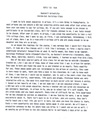
|
2024 may 14
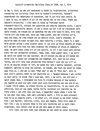
|
2024 feb 27
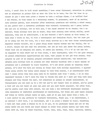
|
2024 jan 23
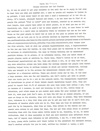
|
2023 sep 2
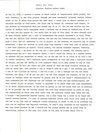
|
2022 aug 4
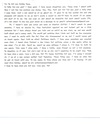
|
More... |
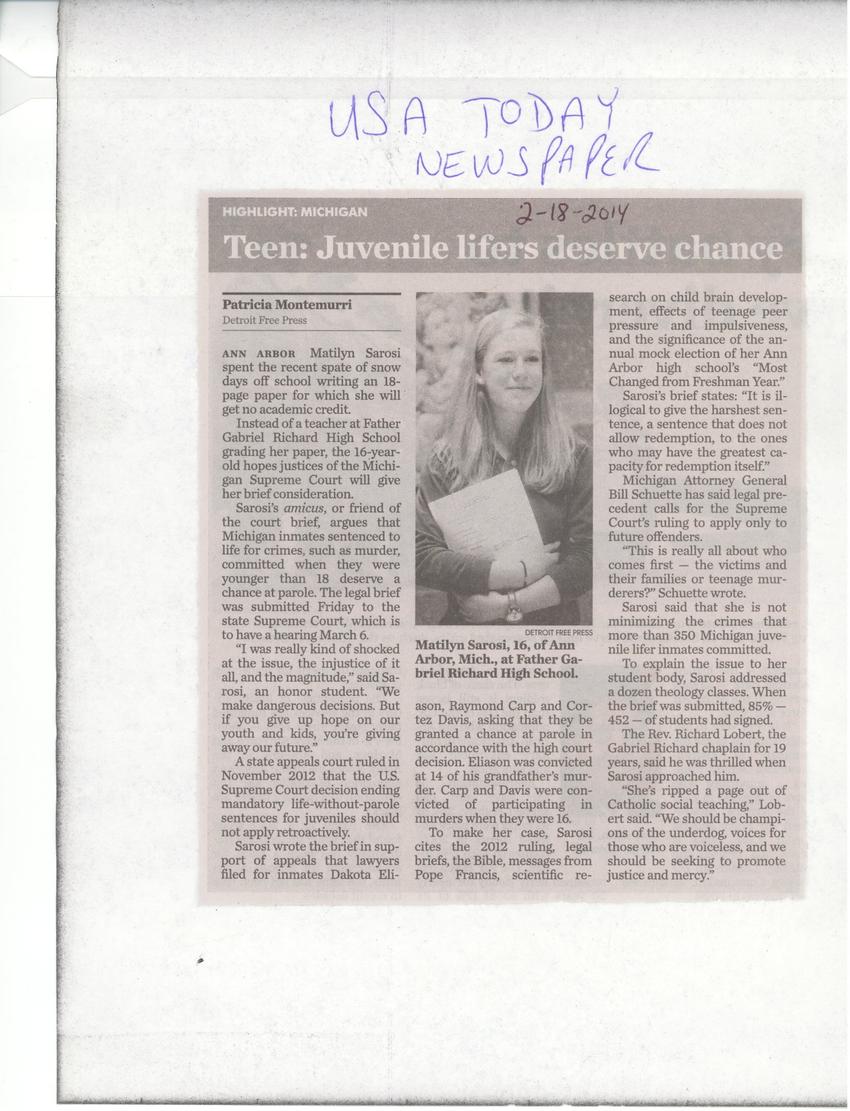

Replies